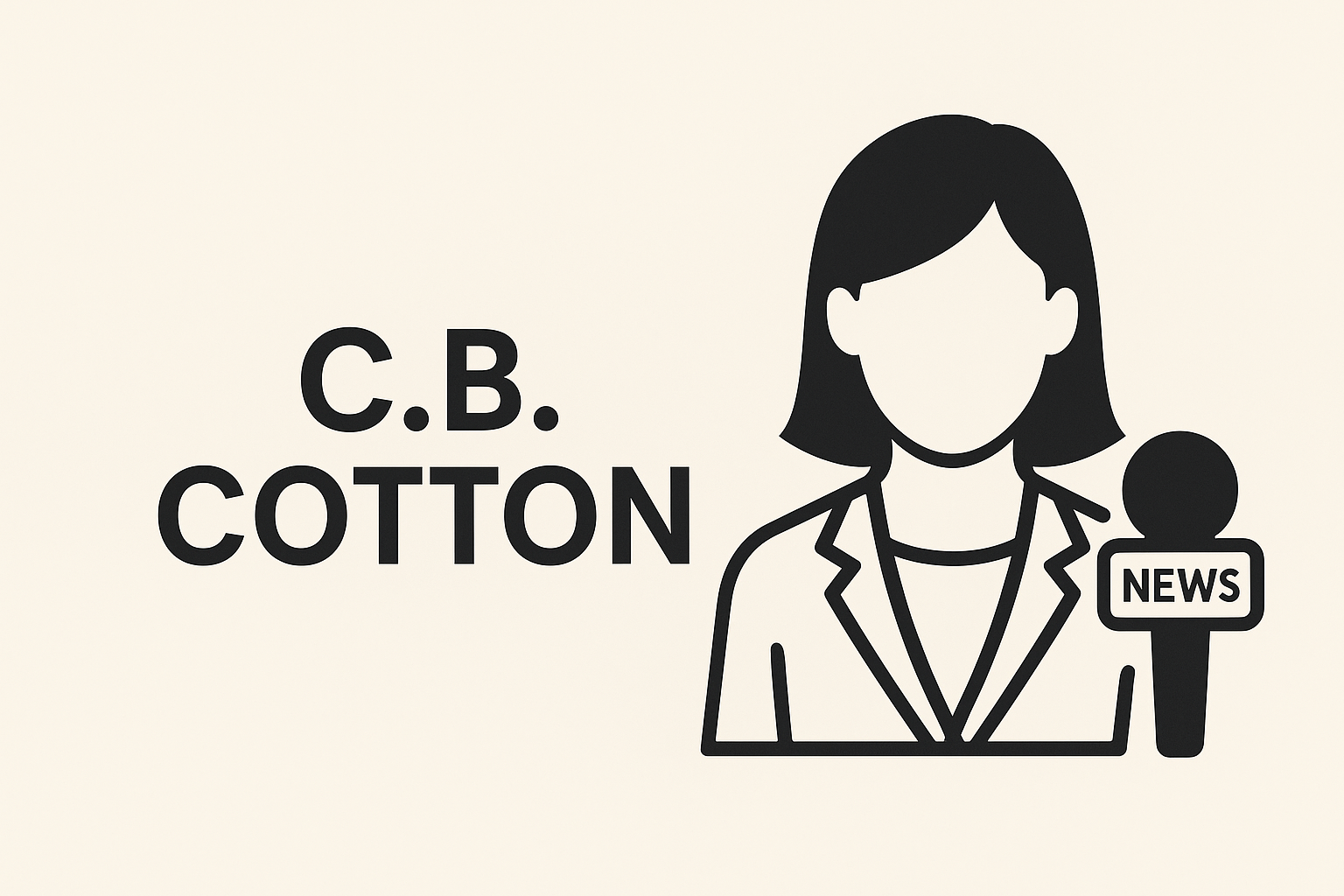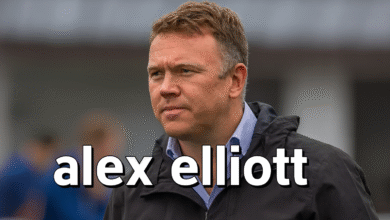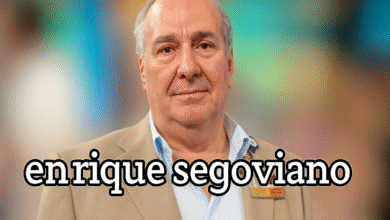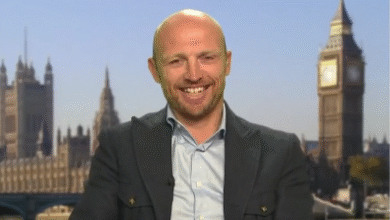Smith Barry: Visionary Ontologist Who Changed Data Forever – But Faced Controversy Over AI Limits
Exploring the groundbreaking legacy of Smith Barry, a pioneer of truthmaker realism and biomedical ontology, admired and debated alike.
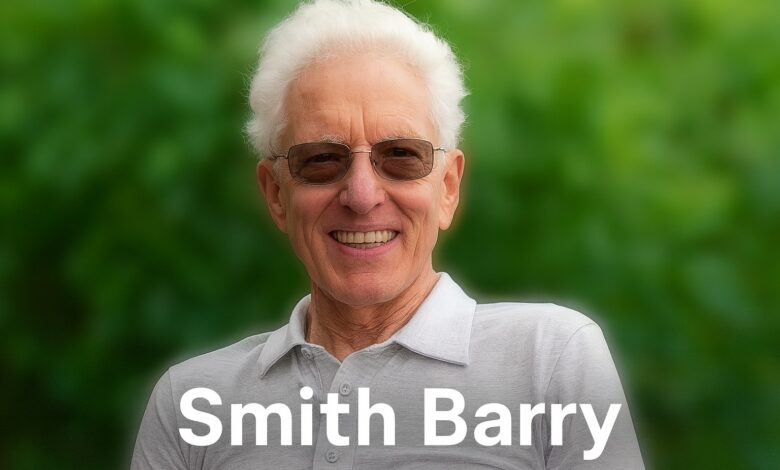
Introduction
Smith Barry, one of the most influential applied ontologists of the 21st century, redefined how we understand and manage data across medicine, military intelligence, and AI systems. As a philosopher-turned-digital-architect, he pioneered ideas that became global standards—but not without criticism and controversy.
This comprehensive biography delves into Smith Barry’s full life story, highlighting his early struggles, revolutionary contributions, global recognition, and the legacy he leaves in academia and beyond. From his deep theoretical insights to his practical frameworks now used in government and healthcare, his name is etched into the history of modern ontology.
Quick Bio
| Field | Detail |
|---|---|
| Full Name | Smith Barry |
| Date of Birth | 4 June 1952 |
| Age | 73 years (as of 2025) |
| Birthplace | Bury, Greater Manchester, England |
| Nationality | British-American |
| Ethnicity | English |
| Accent | British (RP influenced) |
| Education | BA in Mathematics & Philosophy (Oxford), PhD in Philosophy (Manchester) |
| Profession | Philosopher, Ontologist, University Professor |
| Known For | Truthmaker Theory, Basic Formal Ontology (BFO), OBO Foundry |
| Net Worth | Not publicly disclosed |
| Source of Income | Academic salary, grants, book royalties, consulting |
Education and Early Foundations
Smith Barry was born into a working-class family in northern England. His father worked as a bricklayer and trade union activist, instilling in him a respect for both labor and logic. Despite modest beginnings, Barry excelled academically and earned a scholarship to a private school where he was known for his brilliance in math and philosophy.
He went on to study Mathematics and Philosophy at the University of Oxford, graduating with first-class honors. Driven by curiosity about reality and logic, he pursued a PhD in philosophy at the University of Manchester, where he wrote a dissertation on reference theory, focusing on the work of Frege and Husserl.
Academic Career and Teaching Journey
Smith Barry began his academic career at the University of Sheffield before moving to Manchester and then the International Academy of Philosophy in Liechtenstein. During this time, he helped revive interest in the Austrian realist tradition of philosophy and developed a strong foundation in formal ontology.
In 1994, he joined the State University of New York at Buffalo, where he would spend the bulk of his career. There, he held multiple professorial appointments and advised numerous graduate students, many of whom have gone on to become leaders in ontology, AI ethics, and biomedical informatics.
Truthmaker Theory and Philosophical Innovation
Barry’s first major philosophical contribution came in 1984 with the publication of the paper Truth-Makers. Alongside co-authors, he argued that every truth must be grounded in a real-world entity, or “truthmaker.” This marked the beginning of truthmaker theory—a critical approach within analytic metaphysics that continues to influence debates about reality, grounding, and the structure of facts.
This theory was not just academic; it later became a conceptual foundation for how structured data models are designed in fields like AI and knowledge graphs.
Building Basic Formal Ontology (BFO)
One of Barry’s most impactful achievements was the creation of the Basic Formal Ontology (BFO). Designed as a domain-neutral top-level ontology, BFO helps structure how information is categorized and related in diverse fields—from clinical genomics to manufacturing.
BFO distinguishes between “continuants” (persistent entities like objects) and “occurrents” (processes and events). Its adoption was so widespread that it was eventually published as an ISO standard (21838-2) and is now mandated in U.S. Department of Defense and Intelligence Community data frameworks.
Founding Ontology Institutions and Projects
Barry was not only a thinker but also a builder. He founded multiple institutions to promote the development and use of ontologies, including:
-
IFOMIS – Institute for Formal Ontology and Medical Information Science
-
NCOR – National Center for Ontological Research
-
OBO Foundry – A collaboration of biomedical ontology developers
-
ICBO – International Conference on Biomedical Ontology
Through these institutions, he helped shape how biomedical knowledge is represented and shared, ensuring semantic interoperability across global research platforms.
Industrial, Military, and Government Work
Barry’s work reached beyond academia. He consulted with the U.S. Department of Defense, Intelligence Community, and healthcare systems to create ontologies for logistics, planning, and cyber infrastructure.
His contributions to the Industrial Ontologies Foundry (IOF) helped standardize processes in manufacturing and smart factories. Additionally, he played a central role in developing the Joint Doctrine Ontology, which supports military planning and mission alignment.
Controversial Views on AI and Cognitive Limits
Despite his contributions to AI infrastructure, Smith Barry remained skeptical of strong AI. In his co-authored book Why Machines Will Never Rule the World, he argued that human cognition, language, and consciousness cannot be replicated by algorithms. His views attracted both support and critique, especially from transhumanist circles who saw his work as too conservative.
Nonetheless, his arguments sparked meaningful discourse about the limits of machine reasoning and the ethical boundaries of AI.
Legacy and Long-Term Impact
Barry’s legacy lies in turning ontology from an abstract philosophical discipline into a practical foundation for modern data systems. His frameworks are embedded in the digital DNA of hospitals, defense departments, and research labs.
He also trained a new generation of scholars who now lead ontology initiatives across Europe, North America, and Asia. His influence is visible in everything from AI development to electronic health records.
Whether you agree with his AI skepticism or not, Smith Barry’s impact is undeniable and enduring.
Conclusion
Smith Barry’s life is a testament to the power of intellectual rigor, institutional leadership, and philosophical vision. From humble beginnings in northern England to becoming a global figure in ontology, his contributions have reshaped how we categorize and trust the data that fuels modern life.
He stands as a paradox—celebrated for enabling smart data systems and criticized for doubting their ultimate potential. Yet, this complexity is what makes his legacy rich, debatable, and unforgettable.
Frequently Asked Questions
Q1: What is Smith Barry best known for?
A: He is best known for developing Basic Formal Ontology (BFO) and co-authoring the foundational paper on truthmaker theory.
Q2: How has Smith Barry influenced the U.S. government?
A: His ontology frameworks are mandated in the U.S. Department of Defense and Intelligence Community for data modeling and integration.
Q3: Did Smith Barry support Artificial General Intelligence?
A: No, he strongly critiqued the feasibility of AGI, arguing that machine systems cannot replicate human-level cognition or ethics.
Q4: What are some practical uses of his work?
A: His ontologies are used in electronic medical records, military logistics, intelligence analysis, and manufacturing systems.
Q5: Where did Smith Barry teach?
A: Primarily at the State University of New York at Buffalo, with earlier positions at Sheffield, Manchester, and Liechtenstein
